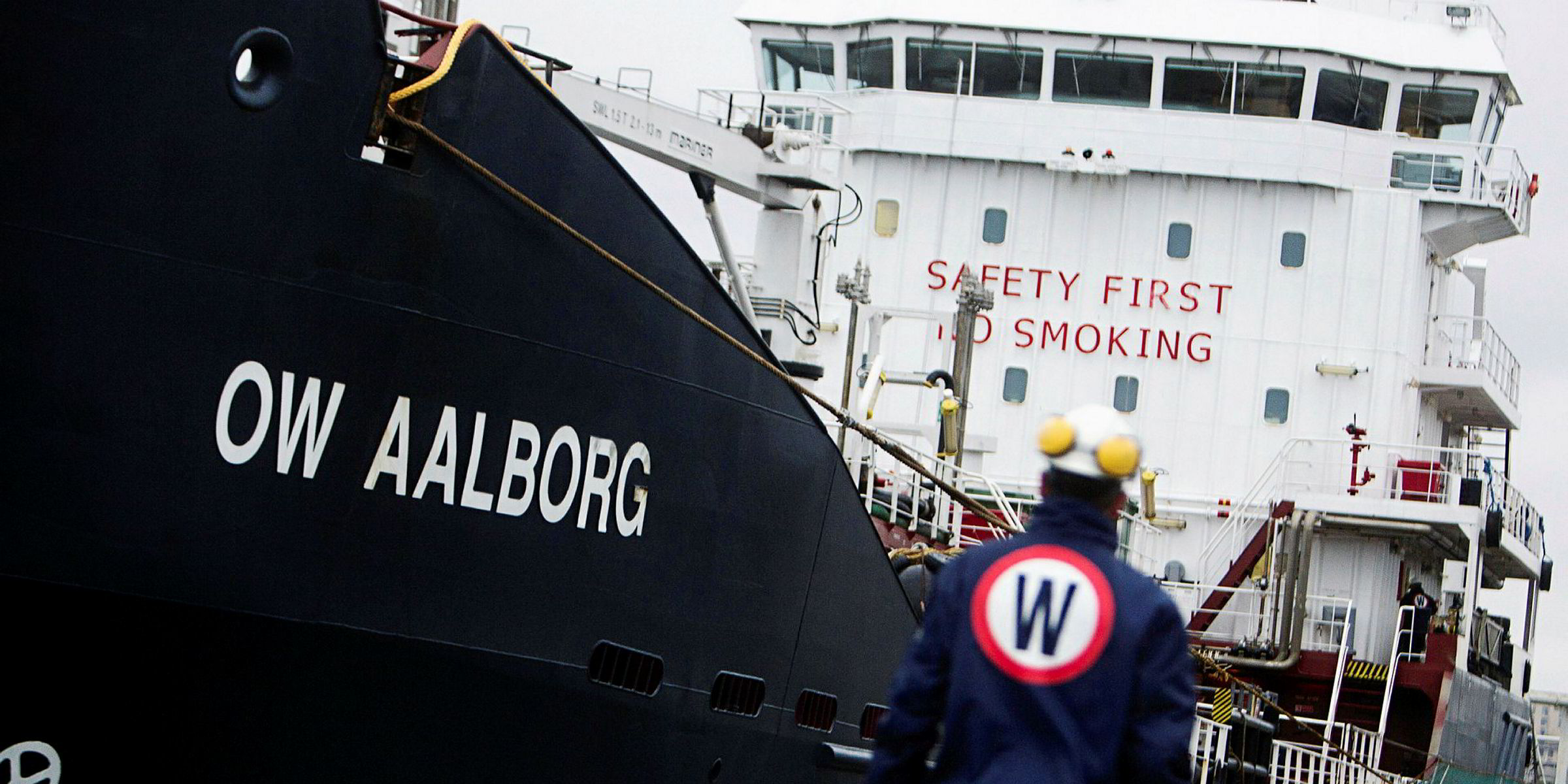Dutch bank ING scored a win in its long running attempt to recoup some $700m in a working capital loan it provided to OW Denmark as a US appeals court ruled that it could assert a claim over the bunkers provided to a vessel by OW.
ING appealed an September 2016 decision by US district court judge Katherine Forrest that the bank was not entitled to seek a maritime lien on the 53,400-dwt Temara.
At issue was how the Temara received its bunkers. OW Denmark was originally contracted to sell the bunkers, with Spain's Cepsa being the physical supplier.
OW Denmark subcontracted the job to its US subsidiary, which, in turn, also subcontracted to Cepsa for the physical supply.
Before any payment was received, OW declared bankruptcy. Both ING and Cepsa asserted claims over the bunker fuel by arresting the Temara.
Judge Forrest ruled that neither ING nor Cepsa had a claim, and ruled in favour of the vessel. The judge determined that OW Denmark, the original contract supplier, did not provide the "necessaries" needed to assert a claim under US maritime law. Cepsa also did not have a claim since it did not have a contract directly with the vessel.
But a US appeals court partially overturned that decision, saying that OW Denmark is supplying necessaries even through a subcontractor, thus validating ING's claim.
"There is no question that the Vessel's charterer and OW Denmark entered into a contract to delivery bunkers to the vessel. And there is no question that those bunkers were delivered pursuant to that arrangement," the appeals court said. "Thus, OW Denmark is entitled to assert a maritime lien."
The appeals court did uphold the circuit court's decision that Cepsa, as a subcontractor, did not have a right to assert a claim over the bunkers.
"We agree with the District Court's conclusion that Cepsa was acting as a subcontractor of OW USA (which itself was a subcontractor of OW Denmark) when it delivered the bunkers to the vessel and is, therefore, not entitled to a maritime lien."
Seward & Kissel partner Bruce Paulsen who argued the appeal on behalf of ING says the main issue in this case of who has the lien, the contracted supplier or the physical supplier, has been decided, in favour of the contracted supplier.
"This a major appellate win for ING," Paulsen said. "The main argument nationwide has been about whether the physical suppliers have liens. But the courts have not found in their favour."
Paulsen says there are still four cases on appeal regarding the lien question. In some of the cases, ING will also have to go to court to show that OW validly assigned lien rights as part of its credit agreement with the bank.
Stephen Simms, principal at Simms Showers and counsel to Cepsa, says OW agreed to Cepsa's terms and condition when it subcontracted the physical supply. Those terms and conditions include that Cepsa would have a maritime lien on the bunkers.
The opinion’s fundamental wrong, and that of other opinions like it, is that it takes money from Cepsa, and other suppliers, and gives it to ING," Simms said. "OW’s own terms, properly applied, don’t allow for OW, or ING, to get something it never paid for."
Simms adds that court rules provide for rehearing, which is being considered




